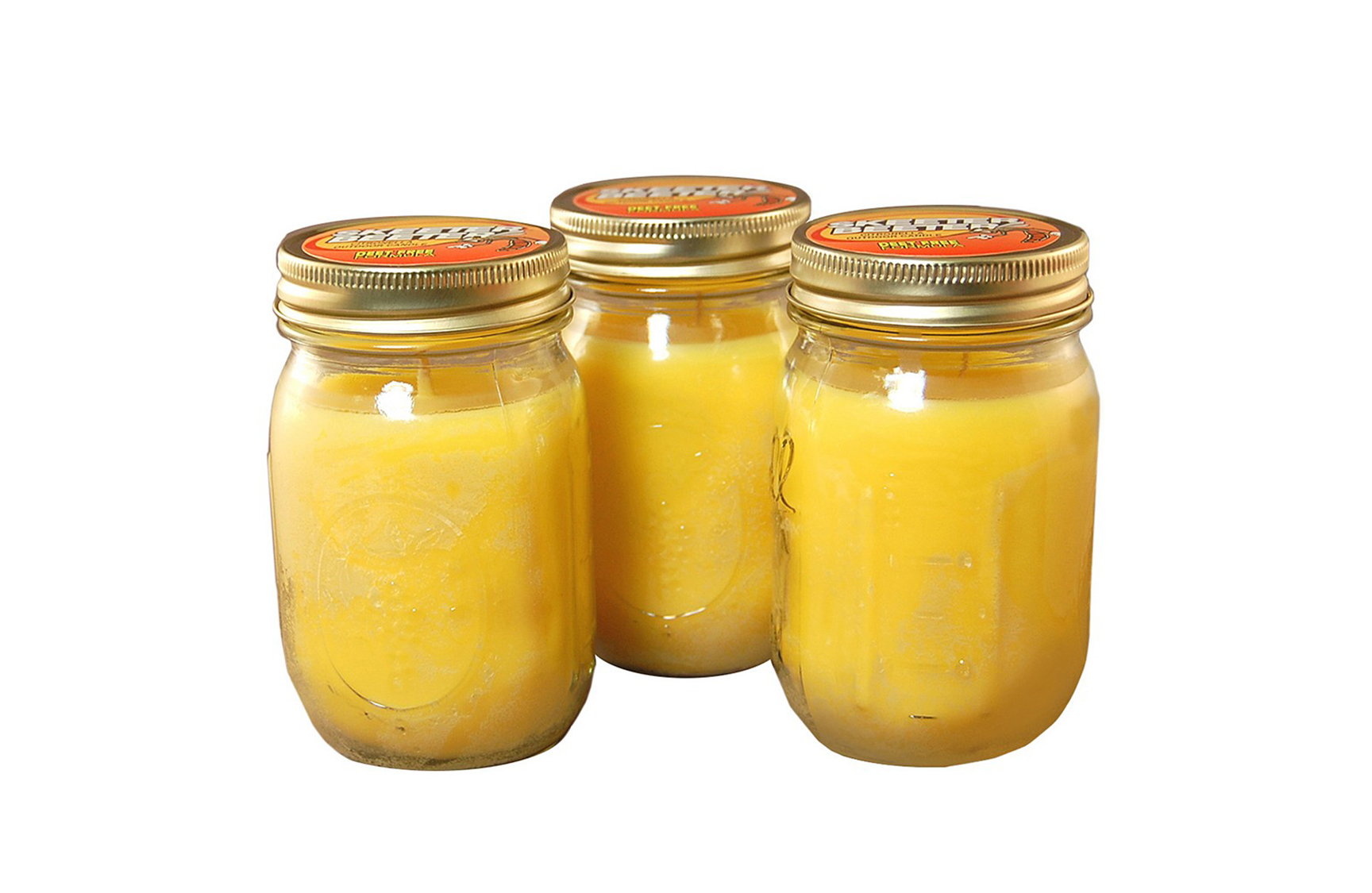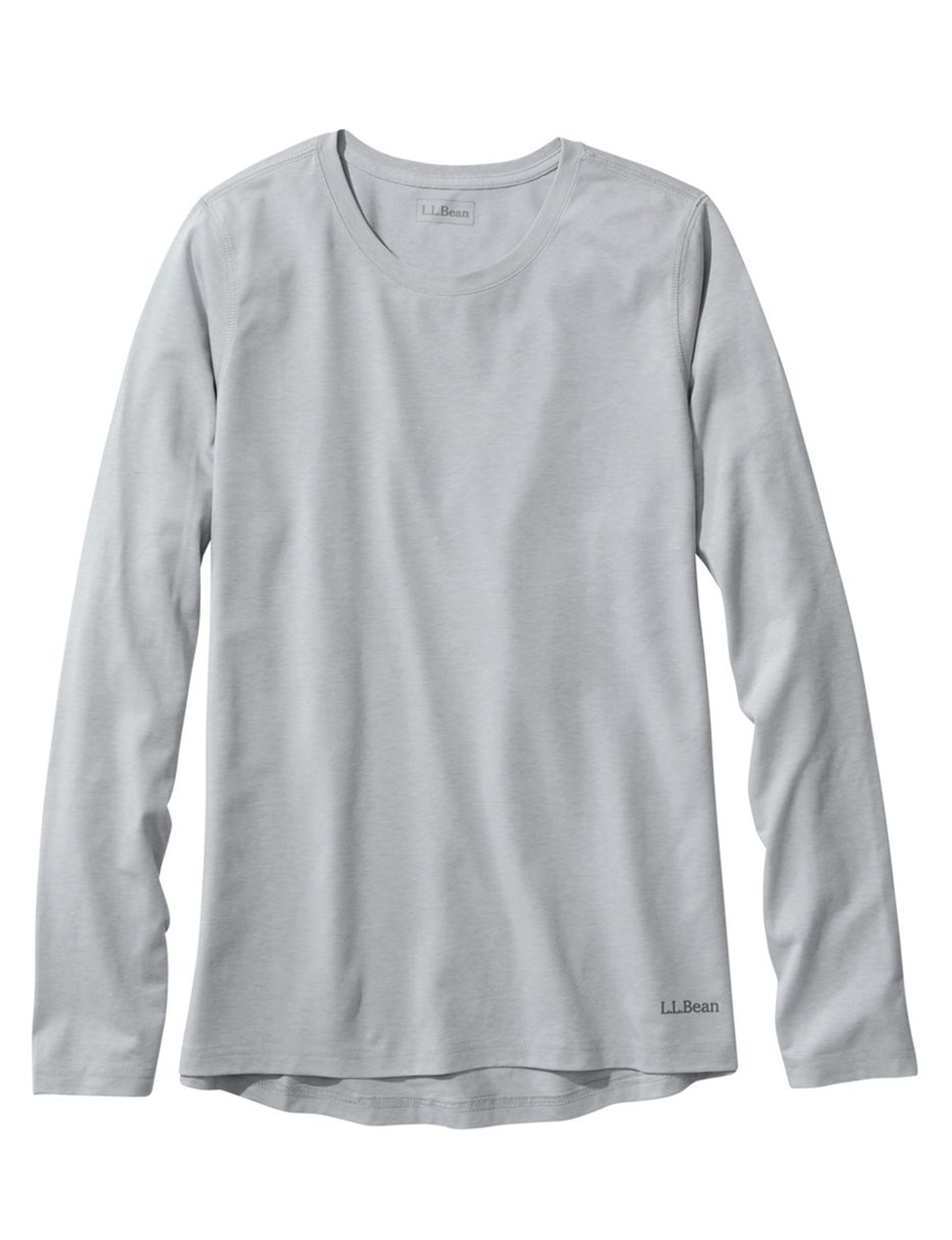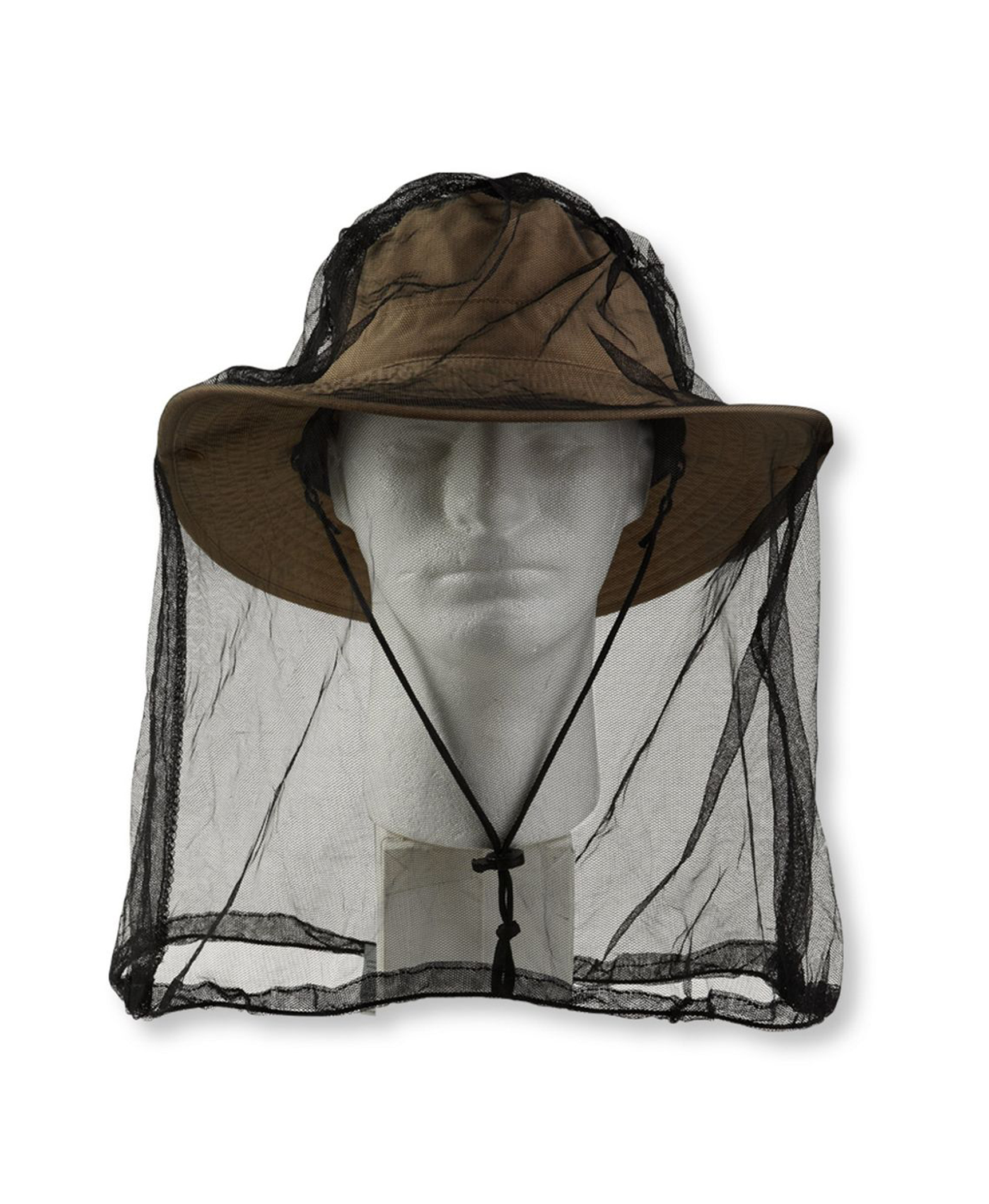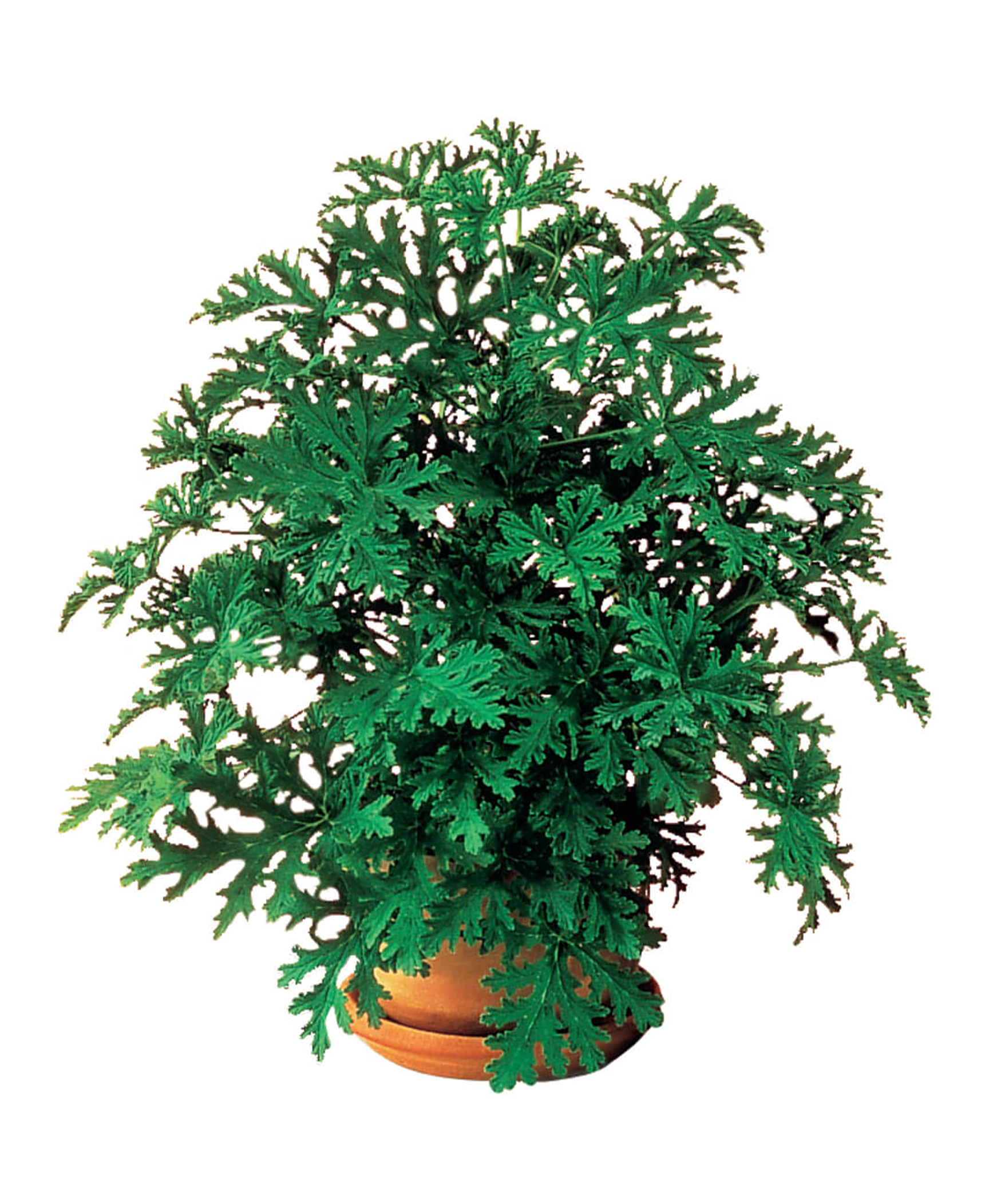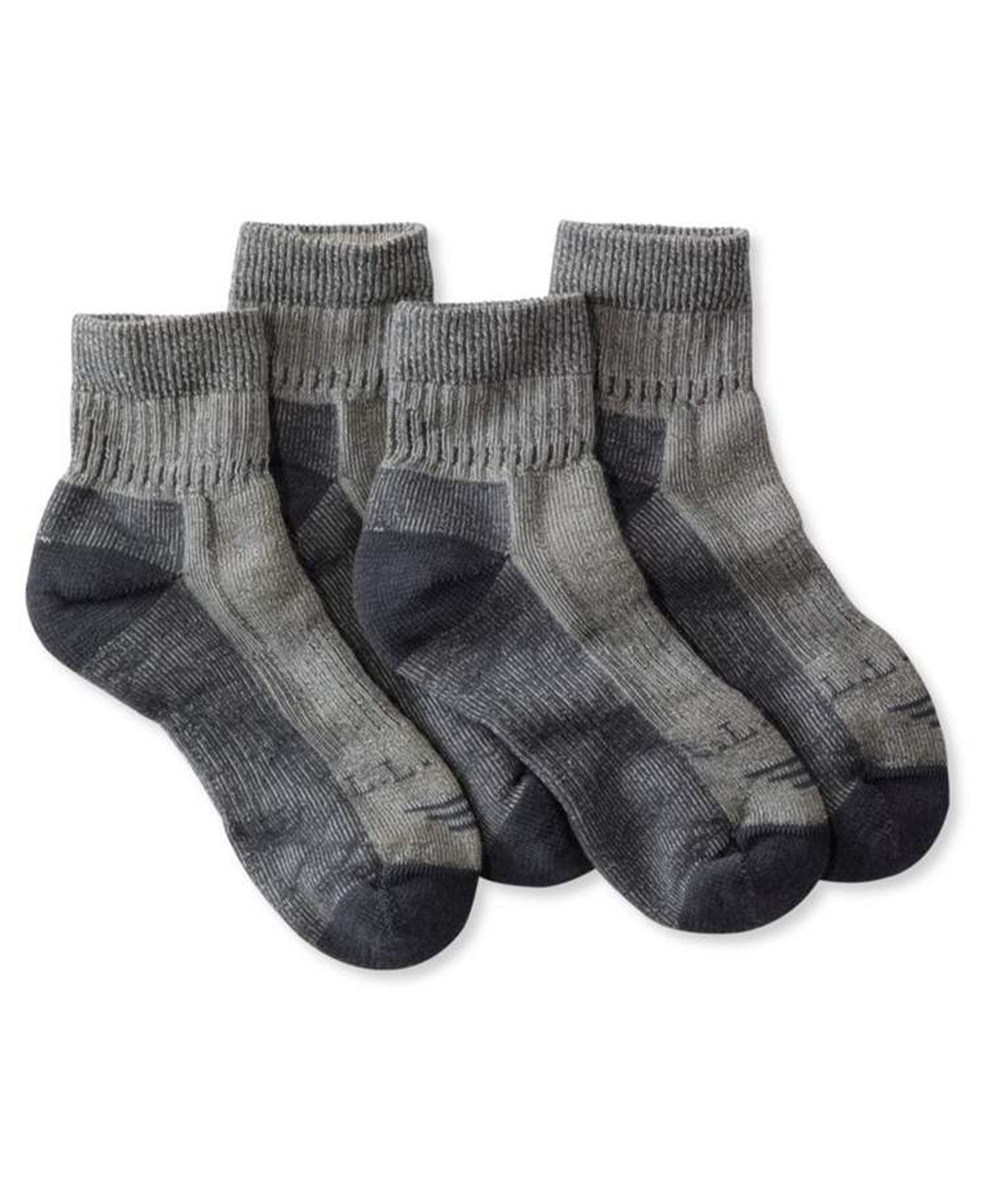Warm summer days bring sunshine, vacations, and blissful time spent outdoors. But they also bring swarms of mosquitoes and other insects out to get their fill—which could leave you trying to figure out how to protect yourself and loved ones from painful bites and stings that could trigger allergy or disease.
This is when many people consider trying a natural mosquito repellent, hoping that these products might be better for their health and the environment than standard bug sprays. But do natural mosquito repellents work?
According to University of California, Davis entomologist Walter Leal, who has done pioneering research on insects’ sense of smell, the answer is “Yes and no.”
DEET vs. Natural Mosquito Repellent
According to Leal, the common chemical DEET (N, N-diethyl-meta-toluamide), remains the most effective repellent on the market—the gold standard in fending off insects. It works by “blinding” mosquitoes to human presence by preventing them from smelling human sweat and breath.
“I wish I could say that there’s a better natural mosquito repellent,” says Leal, “but that’s not the case. One major problem with some natural products is the so-called complete protection time. They work for a short duration, but they don’t last long enough. Do people want to reapply a product every two to three hours? No. And they would forget to do it.”
Leal says that if people know that they’re going to be outside for only a short period of time, it’s okay to use a citronella-based repellent, or another natural bug spray that has shown short-duration effect, including compounds like eugenol, linalool, citral, and geraniol. But people shouldn’t expect these natural insect repellents to work for longer than about an hour, or for them to be as effective as DEET.
“Because they are volatile,” Leal explains, “natural insect repellents release a large [number] of molecules per time. This makes them work, but not for too long. DEET is a chemical of low volatility, so it releases a lower number of molecules per time and lasts longer.”
Is Natural Bug Spray Safer Than DEET?
What about the perception that DEET is more toxic than natural mosquito repellent, both to human health and to the natural environment?
“I think people sometimes get a little too nervous using so-called ‘synthetic’ products,” says Ari Whiteman, the director of Charlotte, North Carolina’s Urban Mosquito Project and an epidemiology fellow at the Centers for Disease Control. “Yet two large-scale reviews by the EPA have found that DEET ‘does not present a health concern.’ While natural insect repellents have shown inconsistent levels of effectiveness that may vary between species, DEET is widely effective [and] safe, and should not be avoided simply because it is not a compound that naturally exists in nature.”
Leal concurs, pointing out that no chemical is completely safe: “One may die by drinking too much water. It is all about the cost-benefit, and a matter of balancing how much risk is worth taking. I would say that the risks of wearing DEET are very low compared with the benefit of not being infected with mosquito-borne viruses like dengue, Zika, chikungunya, yellow fever, and West Nile. Because DEET has been on the market for such a long time, it carries lots of baggage, but has been scrutinized many, many times. DEET has been evaluated by the FDA often, and they always conclude that it is safe to use. I wear it and recommend it for my family.”
Whiteman adds that it’s important to note that the terms “natural” and “non-toxic” are not interchangeable, since there are plenty of natural compounds that are highly toxic, as well as plenty of artificial compounds that are completely safe. “The majority of studies indicate that DEET is the most effective mosquito repellent for the longest period of time,” he affirms. “In comparative studies, natural insect repellents have turned in mixed results.”
Regarding environmental concerns related to DEET, “there really aren’t any,” Whiteman says. “It’s applied to the skin, so there is minimal risk of it entering waterways or vegetation. Some studies show it being slightly toxic to fish and birds, but the animals’ contact with it is so limited that there isn’t really anything to worry about in terms of environmental ramifications. Basically it breaks down so fast—days to weeks—that it doesn’t have time to have a major impact.”
A Non-Toxic Mosquito Repellent Made of Essential Oils
Still, there are plenty of people who, despite assurances from scientists that DEET is safe, prefer to use natural bug sprays. Abby Phon, a certified holistic health and wellness coach, traveled to South Africa and planned to get pregnant after that trip. “I wasn’t crazy about the anti-malaria meds and wanted to do my best to avoid DEET,” she recalls. “I was doing my best to keep my environment and body as non-toxic as possible, so I used a homemade essential oil blend as a non-toxic bug spray instead. It was a success—I didn’t get any mosquito bites.”
When Phon’s daughter was three months old, she took her family out to the country and used the same oil blend. “It was amazing how after one spray, the bugs that were swarming us at lunch disappeared instantly and never came back,” she remembers. “That was six years ago, and I’ve never used another bug spray since.”
Her recipe for non-toxic mosquito repellent? Mix a tablespoon of witch hazel with the following amounts of pure essential oils from a brand called Young Living: 15 drops of cedarwood, 15 drops of geranium (to repel ticks), 10 drops of citronella, and 10 drops of palo santo, and put the mixture into a two-ounce glass spray bottle. “Not all essential oils are the same,” Phon warns, “and it’s important to know what you are using.”
Anecdotal experiences aside, Whiteman acknowledges that there is some research-based evidence that eucalyptus oil can be as effective as DEET for repelling Aedes aegypti, the mosquito which spreads Zika, dengue, chikungunya, and yellow fever.
“That’s no longer a common species in the U.S., though,” he explains, “and the species that replaced it here, Aedes albopictus, doesn’t seem to be affected by eucalyptus oil at all, so DEET remains the best option to protect against them. Other comparison studies also find that DEET consistently outperforms ‘natural’ mosquito repellents, including citronella.”
How Strong an Insect Repellent Do You Need?
Asked whether Leal would want the public to know anything specific about using insect repellents, he pointed to his team’s research that suggests that people should use a higher percentage of DEET to fend off infected mosquitoes.
“The most dangerous mosquitoes are the old females,” he says, “because there’s more of a chance that they’ve been infected with a virus, and they’ve had enough time to let that virus replicate in their body. Now that old mosquito is dangerous. The problem is that old mosquitoes are less sensitive to DEET.”
If you’re wearing DEET just to rid yourself of nuisance mosquitoes, 6 to 7 percent DEET-based products are fine. When you’re traveling in an endemic area, however, Leal emphasizes that it’s important to wear a higher concentration of DEET—between 25 and 30 percent.
Circling back around to the question of whether natural bug sprays really work, the answer appears to be yes—but with plenty of caveats. If you choose to go with a natural bug spray over DEET, do so with the knowledge that you’re taking more of a chance of getting bitten, and therefore infected, than you would if you went with DEET, which science says is the safest and most trusted bug spray there is, at least for now.
Shop Mosquito Repellent Options
More from SmarterTravel:
- 5 Diseases in America You Could Get While Traveling
- Ticks and Travel: What You Need to Know to Prevent Tick Bites and Illnesses
- Bedbugs: Everything You Ever Wanted to Know But Were Too Disgusted to Ask
Follow Avital Andrews on Twitter @avitalb or on Facebook.
We hand-pick everything we recommend and select items through testing and reviews. Some products are sent to us free of charge with no incentive to offer a favorable review. We offer our unbiased opinions and do not accept compensation to review products. All items are in stock and prices are accurate at the time of publication. If you buy something through our links, we may earn a commission.
Related
Top Fares From
Today's Top Travel Deals
Brought to you by ShermansTravel
France: 8-Night Paris, Avignon & Nice...
Infinity Worldwide Vacations
 vacation
$2880+
vacation
$2880+
Poconos: 3 Nts in Garden of...
ResortsAndLodges.com
 hotel
$305+
hotel
$305+
7-Nt Canada & New England Cruise,...
Princess Cruises
 cruise
$839+
cruise
$839+

